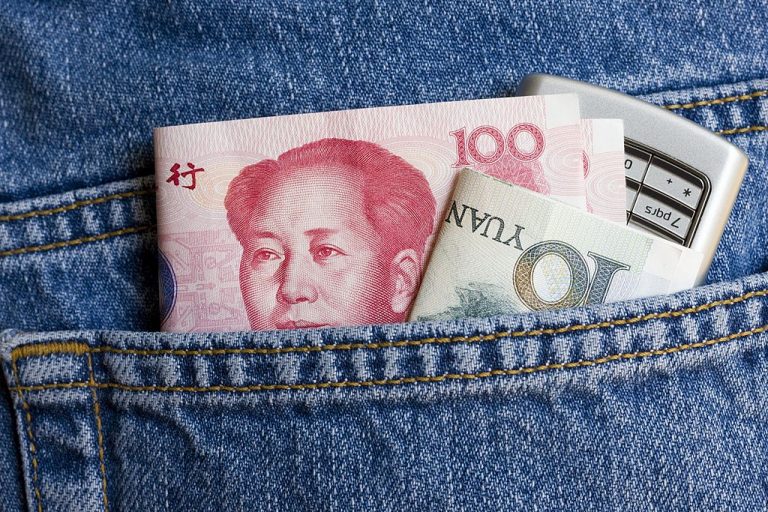In an ambitious push to expand its digital currency, China’s central bank has launched a trial version for its digital yuan via a wallet app.
The app is now available on China’s Android and iOS app stores and will allow users to open a digital yuan wallet and use the currency as official payment in stores and restaurants.
Previously, only select users could use the app on an invitation basis, but now it is open and free for anyone in China to download. However, new user registrations are limited to designated cities undergoing digital yuan trials.
Cities participating in the trials include Shenzhen, Suzhou, Xiongan, Chengdu, Shanghai, Hainan, Changsha, Xian, Qingdao, and Dalian, as well as venues for this year’s upcoming Winter Olympics, scheduled to begin on Feb. 4 in Beijing.
The digital yuan or e-CNY, is a digital version of China’s sovereign currency and has been in the works since 2014. Developed by the Digital Currency Research Institute under the People’s Bank of China, the digital yuan is intended to eventually replace Chinese banknotes and coins currently in circulation.
Success
You are now signed up for our newsletter
Success
Check your email to complete sign up
Unlike cryptocurrencies like Bitcoin, e-CNY is issued and controlled by the People’s Bank of China. The digital currency has also not been officially rolled out on a national basis and no timeline has been announced for when this would take place.
Prior to the launch, Chinese authorities conducted a number of trials in the form of lotteries where users in certain cities were given a small amount of digital currency to spend. Some retailers, such as e-commerce company JD.com and gaming platform Tencent group, have also accepted it as payment in the past year.

Increasing digitalization
The digital launch comes just weeks ahead of the Lunar New Year, when people in China customarily exchange monetary gifts in the form of “red envelopes,” known as hong bao in Chinese. The envelopes are meant to signify good fortune and prosperity in the coming year.
However, commercial digital payment methods such as Ant Group’s Alipay and Tencent Holdings’ WeChat Pay – both of which allow users to load their accounts, transfer money, and make payments via QR codes or NFC – are already highly popular, giving consumers few incentives to switch to the new digital yuan app.
According to Mu Changchun, head of the Digital Currency Research Institute, about 140 million Chinese residents opened a digital yuan account as of October 2021, with accumulated transactions reaching 62 billion yuan (US$9.7 billion) since launch.
In contrast, Alipay, owned by China’s largest e-commerce group Alibaba Group, reported 1.3 billion new user registrations in July 2020. Payments made through Alipay totalled 118 trillion yuan by the end of June that year, according to data from Ant Group.
In hopes of enticing users to try the new digital yuan app, Chinese authorities have been giving away electronic cash through raffles. In October 2020, the city of Shenzhen issued 50,000 digital red packets containing 200 yuan each. Two months later, Suzhou, a city west of Shanghai, offered a total of 20 million digital yuan to 100,000 residents.
Risks of e-CNY
Experts argue that China’s new currency launch may involve risks that could affect the global economy. According to a report by a working group tasked with evaluating e-CNY, “it is necessary to guard against the misuse of e-CNY in illegal and criminal activities, such as tele-fraud, internet gambling, money laundering, and tax evasion.”
The new currency could also be a means for the Chinese government to trace its users’ spending patterns, thereby identifying more effective ways to gain control over its citizens.
China has been no stranger in overstepping on users’ data privacy. Recently, Chinese mobile giant Huawei has been accused of violating user’s personal data by tracking and sharing intelligence-gathering and biometric tracing with the Chinese government.
READ MORE:
Chinese Tech Giant Huawei Linked to Surveillance Operations and Intelligence Gathering: Report














